 |
| © courtesy p.l. Meet Sam |
Dear Michael:
I recently adopted a rescue dog called Sam. He is an eight year old cross breed the size of a large Alsatian. I was told he was an Alsatian/boxer cross but others have said there appears to be some hound in the mix.
He has obviously been well treated and looked after at some time in his life. He is also very well trained and will do all the normal things like sit, down, stay and has good recall. He is affectionate and friendly to people but unfortunately is always extremely aggressive to all other dogs, big or small.
I am used to having dogs, having had three at one time a while ago. However, I have always gotten my dogs as pups and they have all been well socialized with no problem. I have had no success at socializing Sam.
Can you give me any tips or hints about the best way to handle this situation. I have bought a muzzle which I use if I think there is any chance of meeting other dogs, but I don't like to use it and consequently don't take Sam out as much as I could because I am constantly afraid he could hurt somebody's dog. He is so big and strong, just butting another dog could be hurtful. Looking forward to your reply.
Thanks,
Paul L.
------------------------------------------------------------
Thank you Paul for this question. And, thank you for adopting Sam.
You’re doing the right thing my minimizing his contact with other dogs. I also think you made the right choice by teaching Sam to wear a muzzle. These are great ways to manage the problem and I encourage you to continue them. Sam learned this behavior, and we don’t want him to practice it anymore. Eliminating chances to repeat (rehearse) his aggression around dogs is essential to any improvement we could hope for.
Most dogs who behave offensively toward other dogs are trying to 1) stop the other dog from moving or approaching or 2) make the other dog run away. If they work enough times, these barking, lunging and growling displays are reinforced. That’s why I say this behavior is learned. My guess is, Sam’s blown up at dogs a lot over the years and it’s worked. Unfortunately, fights can be reinforcing too because Sam eventually makes the situation end. The dog is gone, which is a relief. Add to that, fights come with a whole load of neuro-chemicals which can also act as reinforcers.
Unfortunately, eight years is a long time in a dog’s life. If Sam has been acting this way for some or all of this time, he has a pretty solid track record of behaving badly (we call that a reinforcement history – even when the behavior is undesirable). That doesn’t mean there’s no hope. It just means that any chance for significant recovery around other dogs will take a lot of time, attention and specialized training. You’re going to need professional help with this one.
Hire a trainer or behavior consultant who is 100% committed to using reward-based techniques exclusively. This is vitally important. Some well-meaning trainers will intentionally expose a dog to a problem situation in order to “correct” the behavior with punishment. Almost always, this makes the aggression worse. I recommend you seek out a Certified Dog Behavior Consultant (CDBC) in your area who is fluent in Applied Behavior Analysis (ABA) and who has experience with inter-dog aggression cases. Expect to work with this consultant several times over the course of a few months. I’d budget $500-$700 for this work. It’s well worth the investment.
 |
| © RobynArouty.com Michael with Stella |
Your training with Sam will continue long after you’ve stopped working with your trainer / consultant. However, you will have the knowledge and experience you need to build on Sam’s success for the rest of his life. He may never be the most sociable fellow on the block, but you can reasonably aim for improvement. More importantly, the work you do will greatly improve Sam’s quality of life. No one enjoys being on-edge and angry all the time. You’re going to take a huge load off his doggie shoulders, and set things right for once in his life.
And for that sir, I have yet another reason to thank you.
Michael Baugh CPDT-KSA, CDBC is a professional dog trainer in Houston, TX. He specializes in cases of canine fear and aggression.



















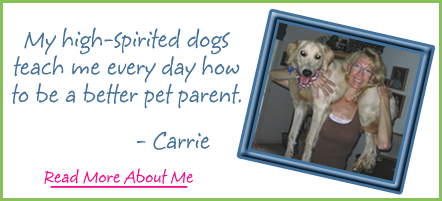
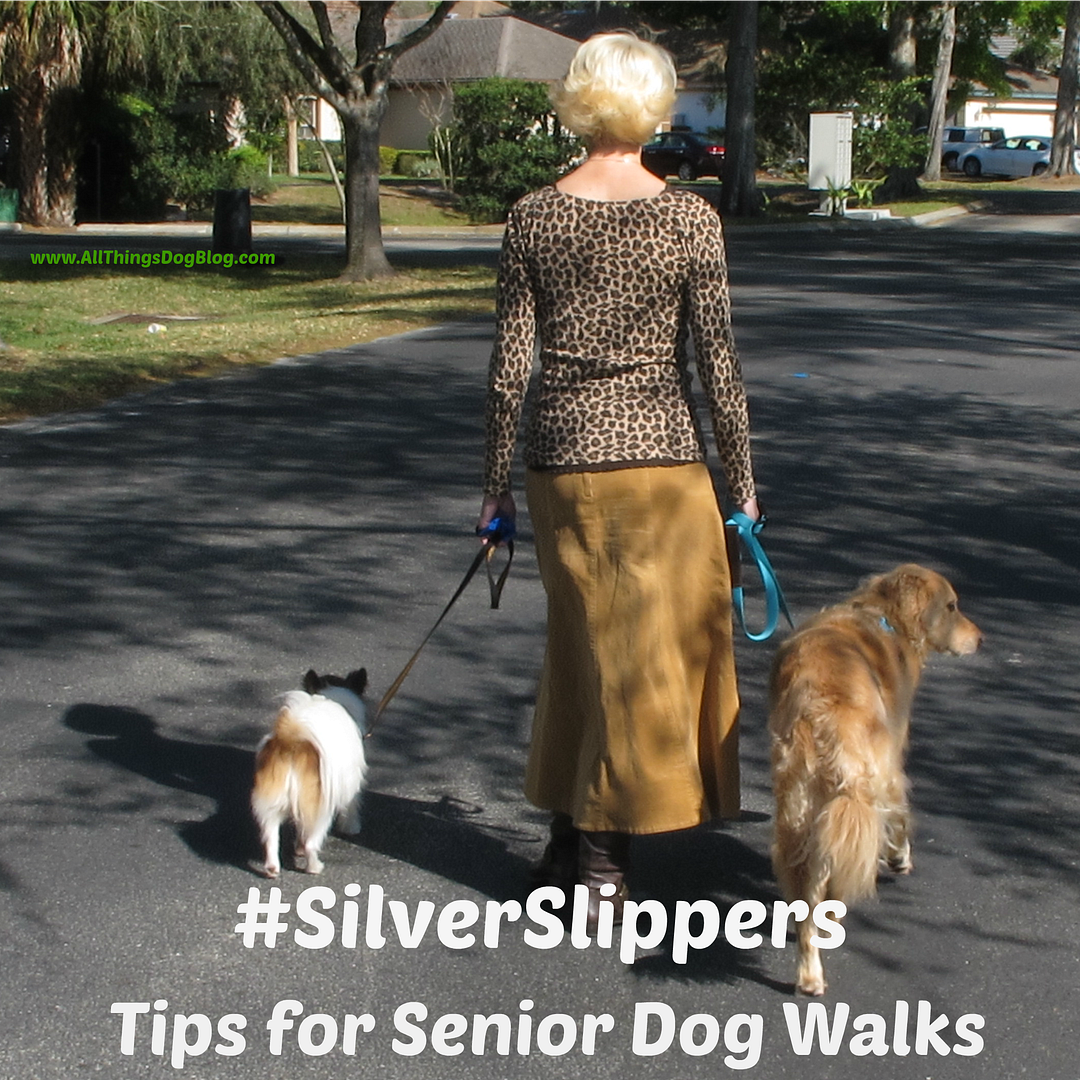





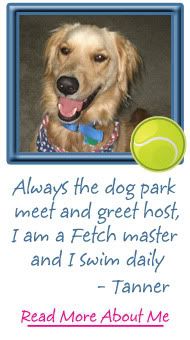
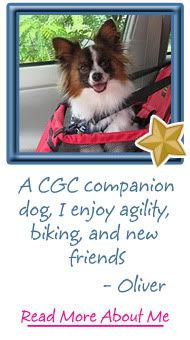





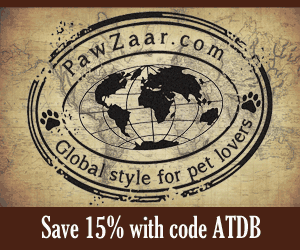
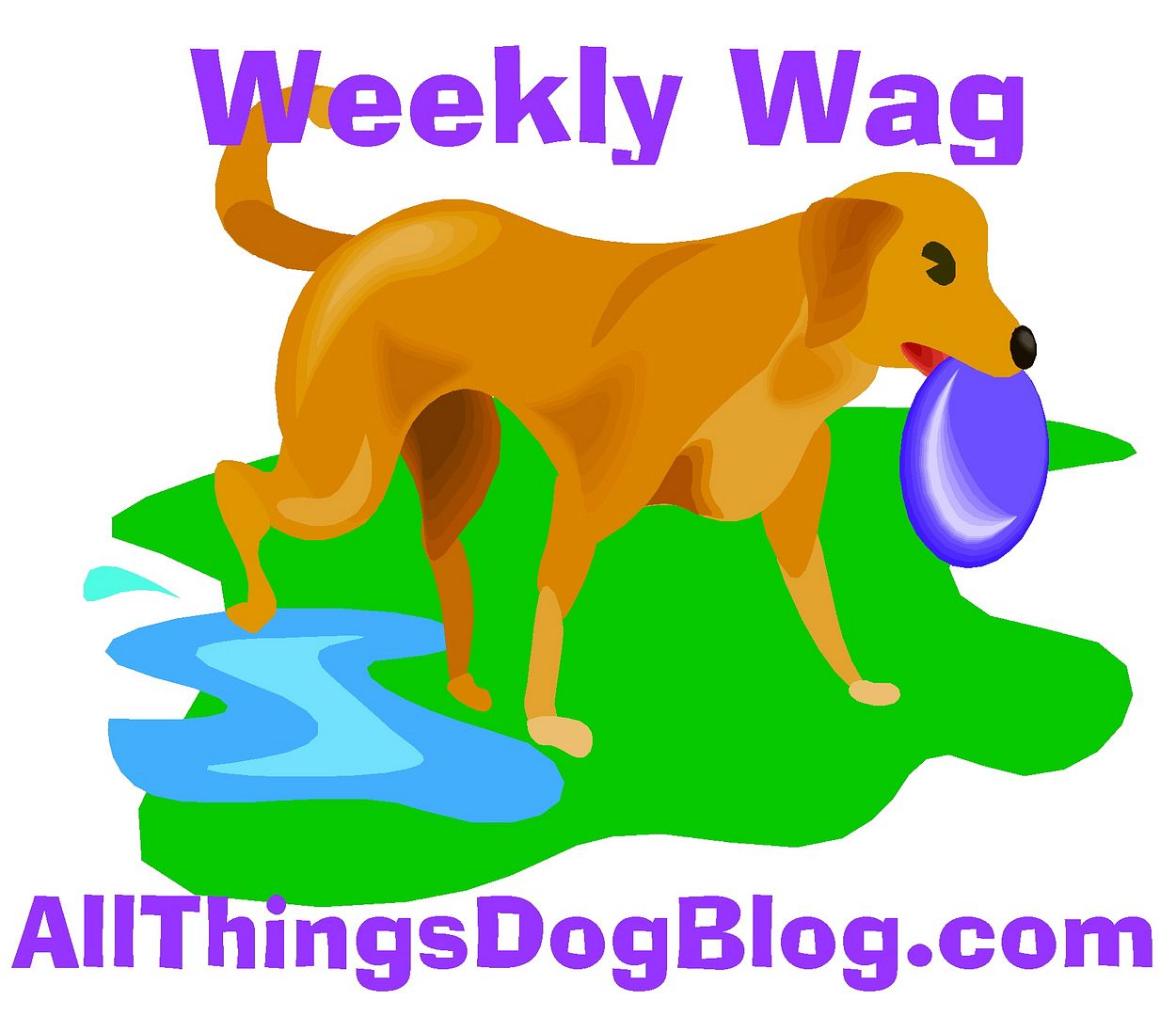


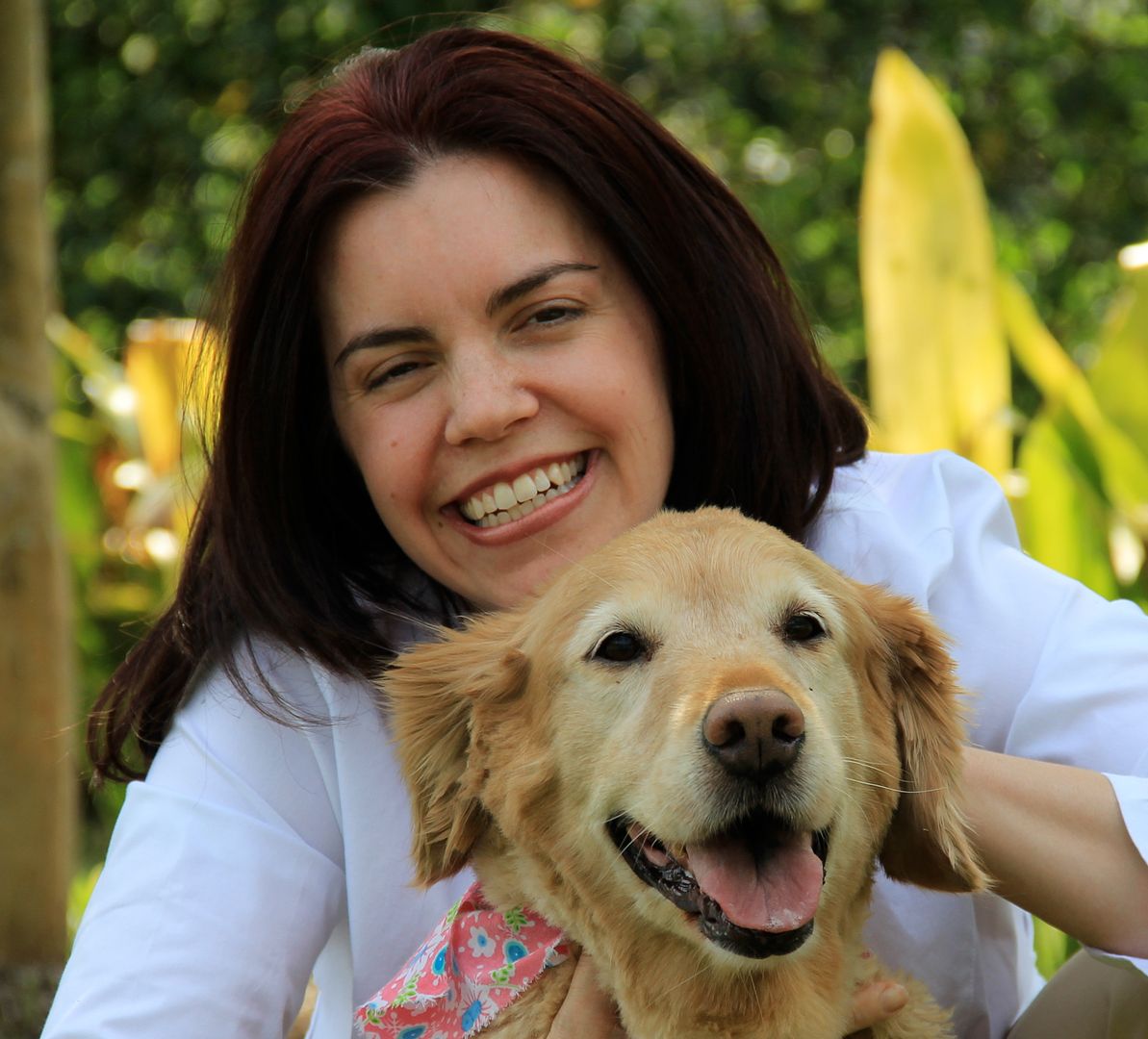
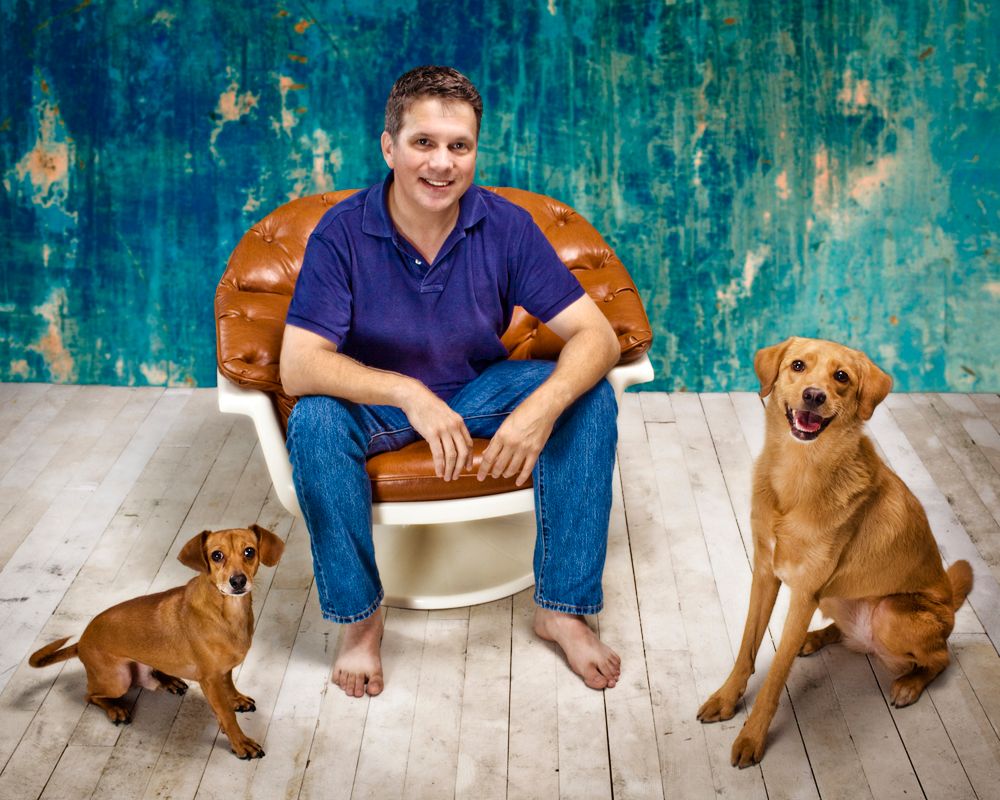


3 comments:
Anonymous said...
Thank you for posting this question and answer. Lucy, my two year old golden retriever, barks, lunges, and growls at other dogs while she's out walking on her leash. When the other dog owner and I decide to let them approach and say "hello" she gets very excited but stops the barking and aggressive behavior. I don't think she would ever bite or attack, but I'm not sure. She makes me nervous! We have had her since she was 6 weeks old, so I know she hasn't been mistreated, and she's never attacked another dog. After reading this question and answer, I'm thinking she may need a second round of training, this time specifically focused on her behavior toward other dogs.
Jennifer Diaz said...
Wow! Awesome. Thanks for the tips. I think, Sam is a aggressive dog. He loves to play, very energetic one. He looks like he was trained to be gymnastics or what. Thanks by the way. :)
Anonymous said...
Thanks for posting this. Last night, I took my dog for a walk and he attacked a dog that was walking behind us. Neither of us knew he was there, but when my dog saw him, he let him know he saw him, by jumping at him. He does have some dog friends, but very few, because he likes to jump at other dogs and create his dominance immediately. It's frustrating to walk him, because I know he is a good dog, but not will other dogs. I think I will have to look into more training.
Post a Comment